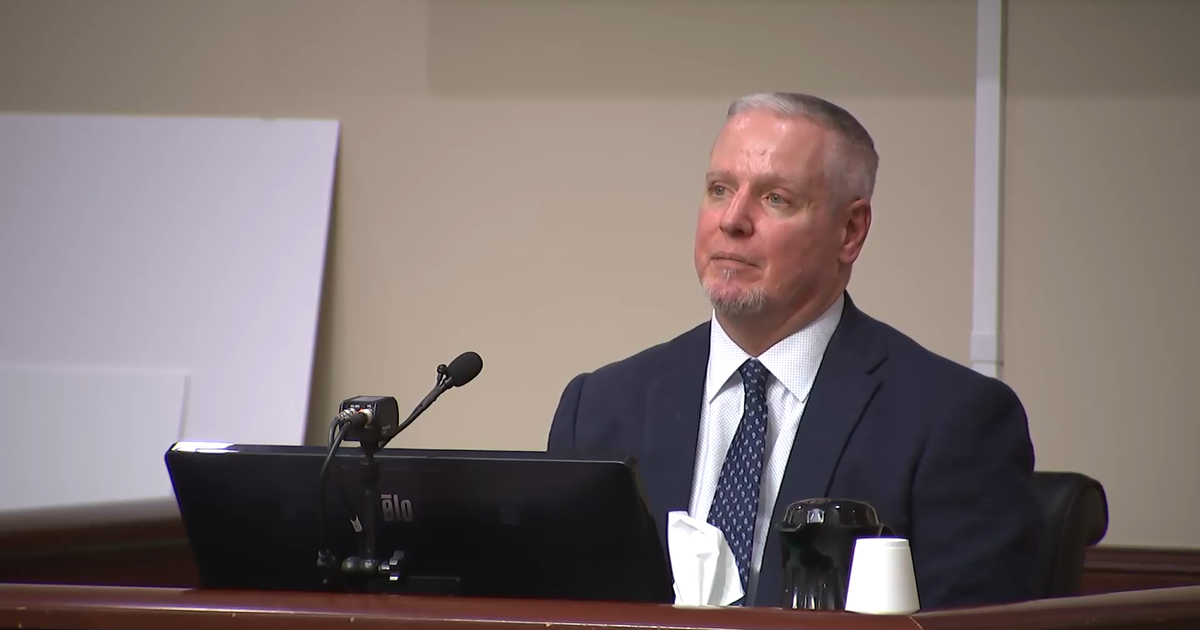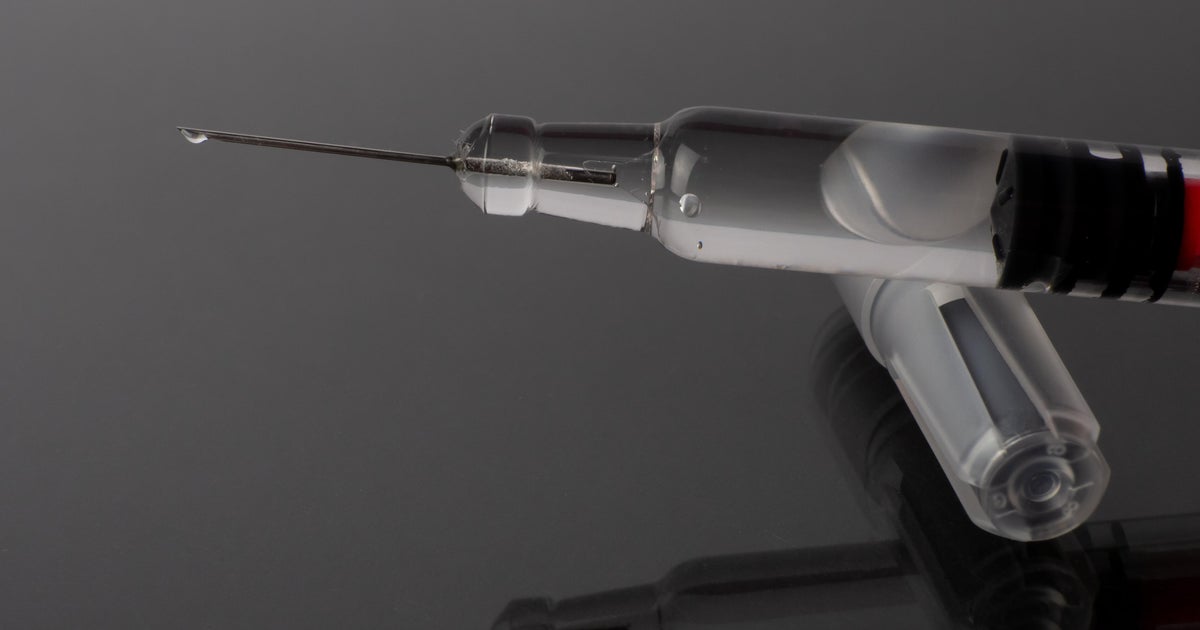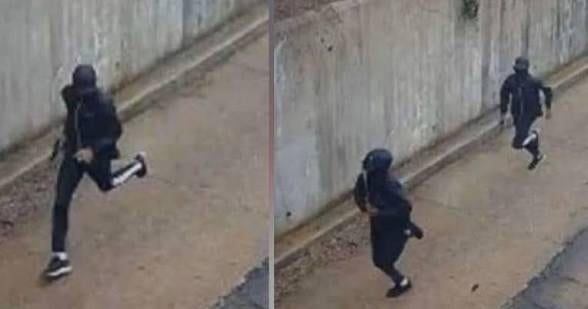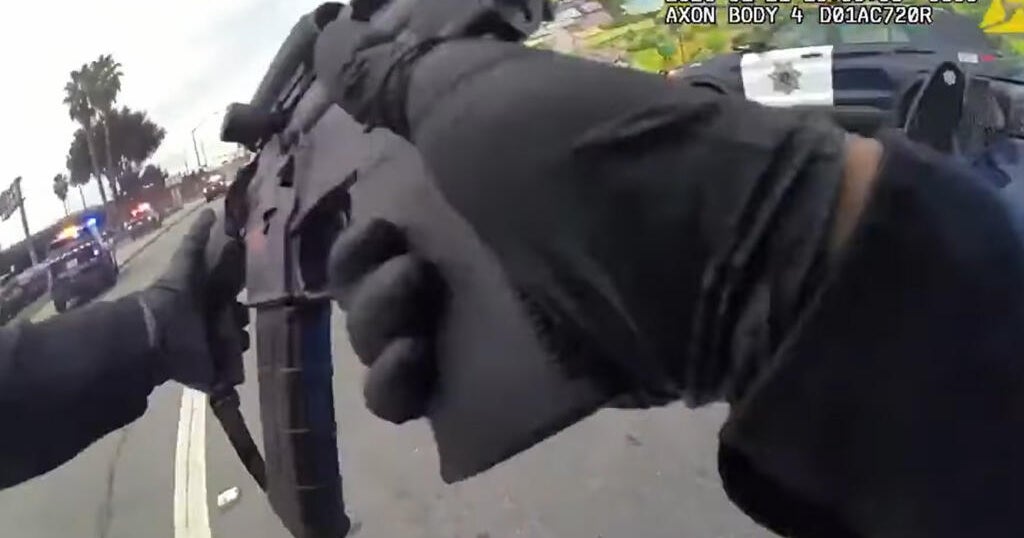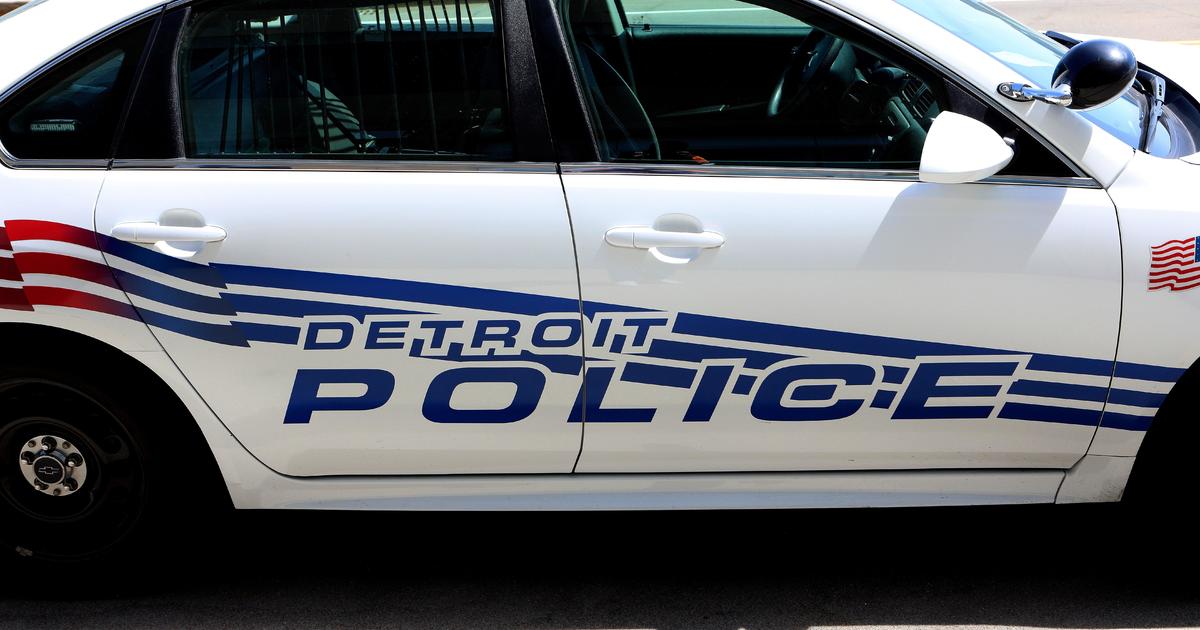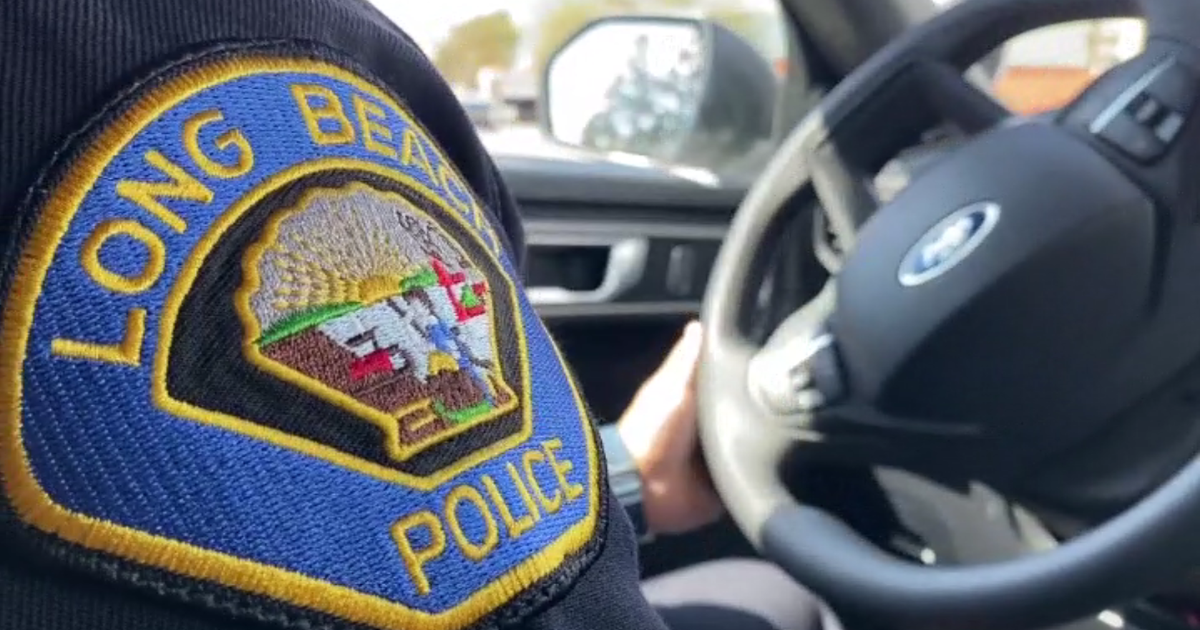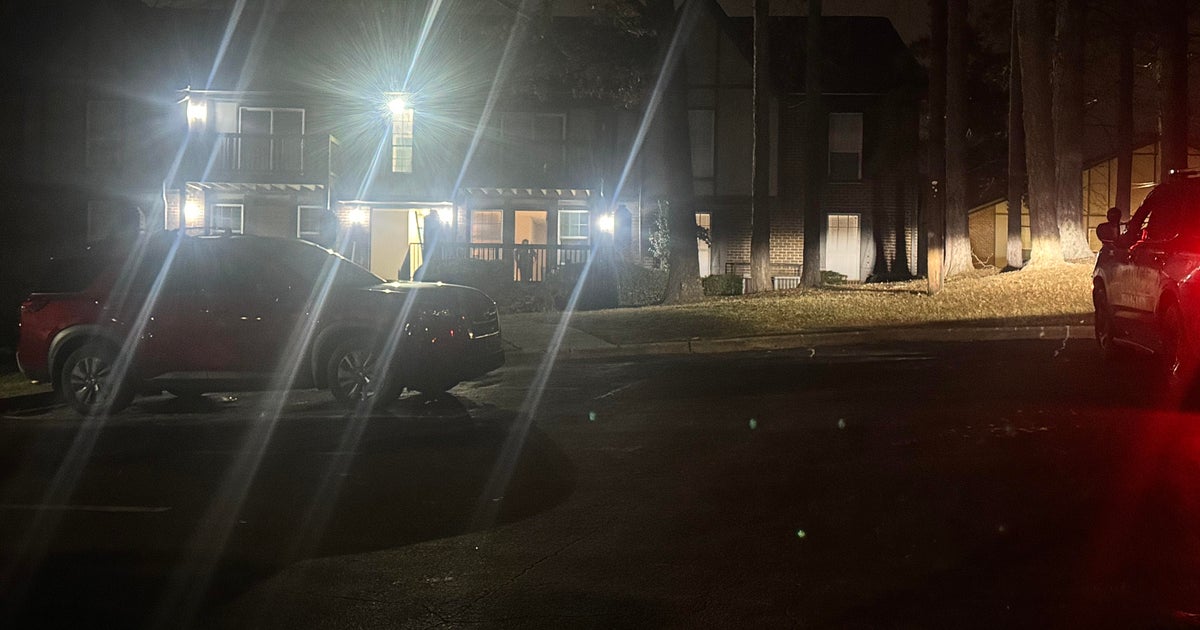2008 San Francisco Triple-Murder Case Goes To Jury
SAN FRANCISCO (CBS SF) -- The trial of an alleged MS-13 gang member accused of killing a father and his two sons in San Francisco in 2008 is now in the hands of the jury after the prosecution and defense finished their closing arguments Wednesday.
Edwin Ramos, 25, of El Sobrante, is accused of fatally shooting Tony Bologna, 48, and his sons Michael, 20, and Matthew, 16, near Maynard and Congdon streets in the city's Excelsior District on the afternoon of June 22, 2008.
Assistant District Attorney Harry Dorfman said in his closing argument on Tuesday that Ramos shot the Bolognas after mistaking them for rival gang members and that the killings were in retaliation for a shooting that injured another MS-13 member, Marvin Medina, earlier that day.
Defense attorney Marla Zamora, who began her closing argument Wednesday, implored the jury to not be swayed by the emotional impact of the murders of three innocent people.
"My biggest fear in this trial is that you're going to base your verdict on emotions," Zamora said.
She brought up the presence of Danielle Bologna, the wife and mother of the victims who has been in the courtroom for much of the trial, as a reason why the jury could be influenced in their decision.
"I can't blame you for feeling the suffering of that woman who lost her whole family," she said. "But your job is to look at the evidence."
Zamora said that another gang member, Wilfredo "Flaco" Reyes, fired the shots from a car Ramos was driving and that Ramos did not know Reyes was going to shoot at the Bolognas.
Reyes remains at large and Zamora brought forward witnesses during the trial that indicated that he fled to South Carolina.
Zamora also said that Ramos quit the MS-13 gang in 2006 but remained friends with some of its members.
Zamora questioned the veracity of the testimony of Andrew Bologna, the lone survivor of the shooting and the key witness for the prosecution.
Bologna testified in the trial that he was in his father's car with his brothers on their way back from a family outing in Fairfield and saw Ramos give his father a mean look, then pull out a gun and open fire. He said he did not see anyone else in the car.
Zamora said Bologna "saw Edwin's face and he saw a gun, that's what happened," but insisted that Reyes had reached over and fired the shots.
Zamora also questioned various theories of the prosecution about the killings, including that Ramos would fire a gun out of the Chrysler 300 that he had recently bought.
"He was going to use his own newly purchased car in a drive-by?" she said. "He was so proud of that car."
She said Ramos had no adult convictions and only wanted "a family and a job," and was not the type of person who would "go out all of a sudden and blow three people away."
She told the jury, "You can make things right, do not railroad this young man into prison."
Dorfman, in his rebuttal this afternoon of her closing argument, sarcastically said "I was going to pull out the violins" in response to Zamora's assertion that Ramos simply wanted to be a family man.
"If that's the case, why did he keep his gang ties so deeply?" he said.
Dorfman noted that in the year leading up to the shooting, Ramos admitted to selling cocaine to other gang members, many of whom were also among the people who showed up most frequently in his phone records.
He finished by telling the jurors, "Your job here is to look at the evidence ... and when you do that, you're looking at a murder, a gang murder."
Judge Charles Haines then read the jury its instructions and the jurors began deliberating around 2:45 p.m.
Haines said giving the case to the jury was "the end of a long road."
The trial has lasted four months, starting with jury selection in January.
The case gained national attention in 2008 because of San Francisco's sanctuary policy, which shielded undocumented juveniles suspected of crimes from being reported to federal immigration agents.
Ramos, who remained in the U.S. on an expired visa from El Salvador, was never reported to U.S. Immigration and Customs Enforcement officials despite multiple contacts with police as a juvenile.
The city changed its policy after the Bologna murders.
(Copyright 2012 by CBS San Francisco and Bay City News Service. All rights reserved. This material may not be published, broadcast, rewritten or redistributed.)
